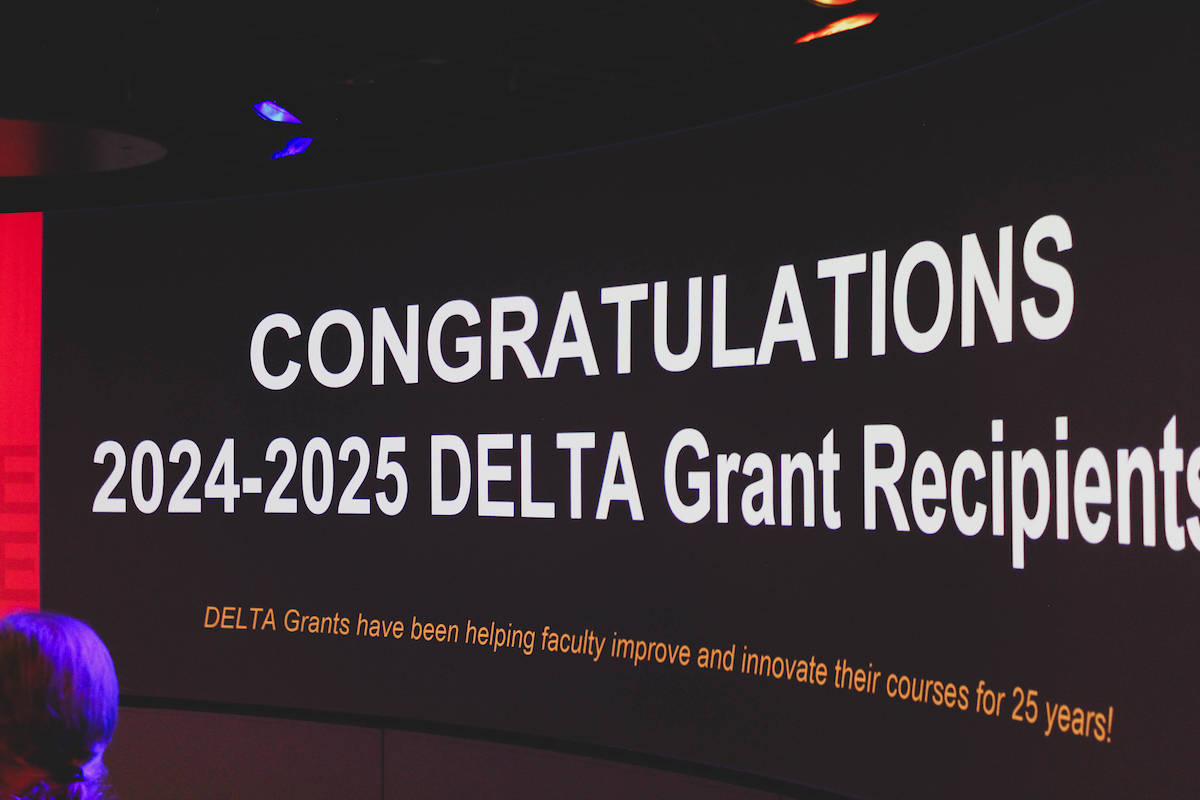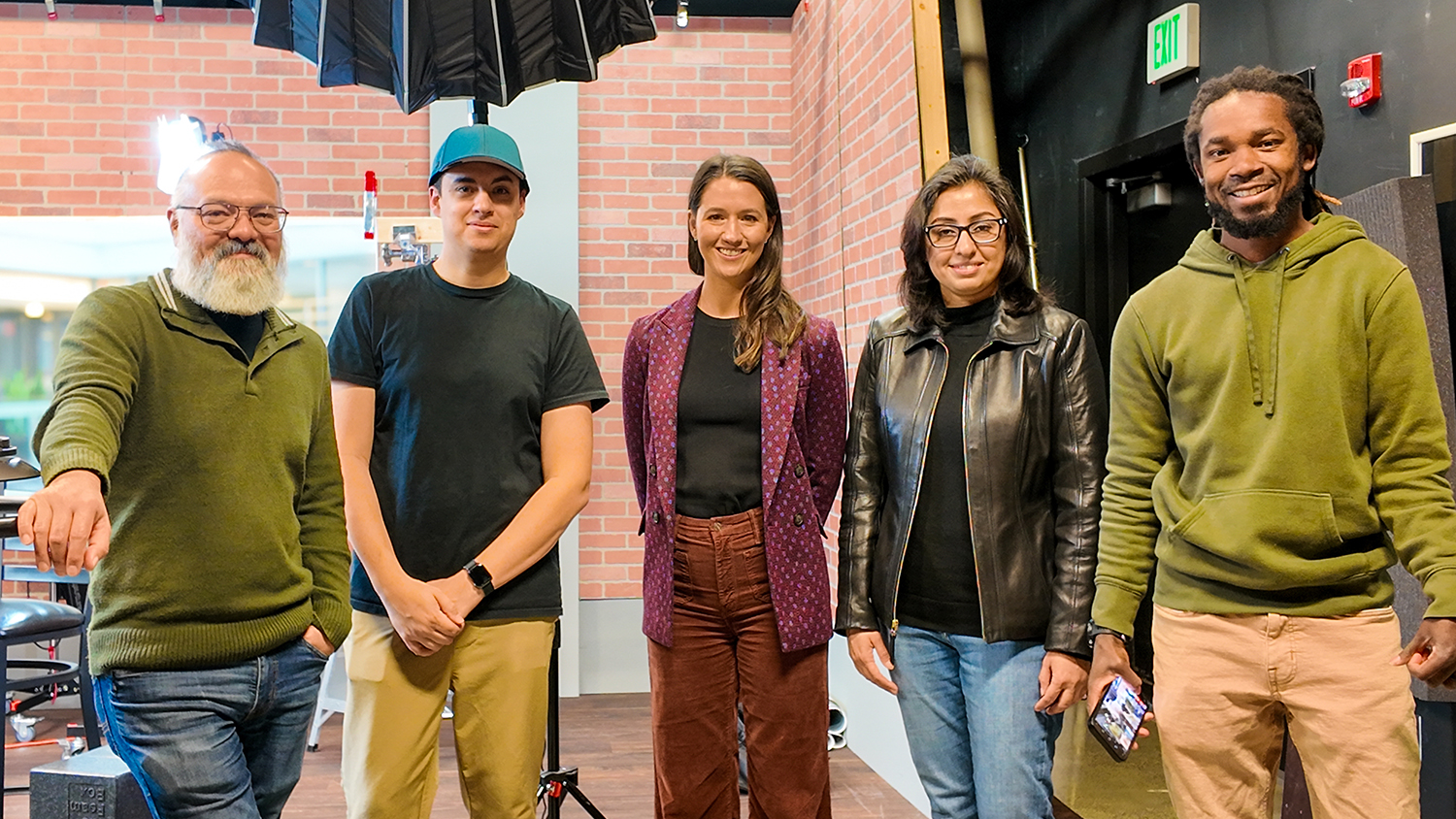NC State DELTA is delighted to announce three new and three returning Faculty Fellows Grants recipients for the 2024-2025 academic year. Our Faculty Fellows Grants program champions innovative technological pedagogy by fostering the exchange of ideas and interdisciplinary partnerships among NC State faculty with support from DELTA staff.
To facilitate these partnerships, DELTA staff collaborate with our Faculty Fellows to develop pedagogically innovative course content that is scalable and reproducible for instructors across the university. The grant work specifically focuses on incorporating NC State enterprise technology tools into classes, such as Moodle, Zoom, Google Apps for Education and Panopto.
Over the course of the yearlong grant, Faculty Fellows may lead campus workshops, share best practices in academic articles, present at conferences such as DELTA-Con and the Conference on Faculty Excellence, or engage in other scholarly activities.
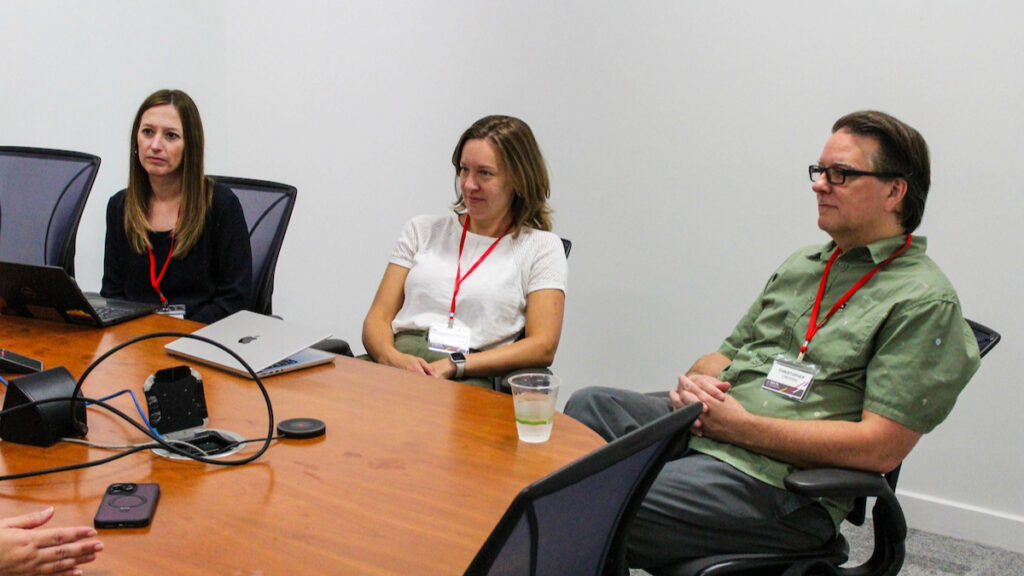
We look forward to partnering with our new and returning Fellows this year to help them share their technological expertise with our NC State community. Learn more about them below!
Meet the Fellows
Associate Professor Christopher Crosbie, College of Humanities and Social Sciences
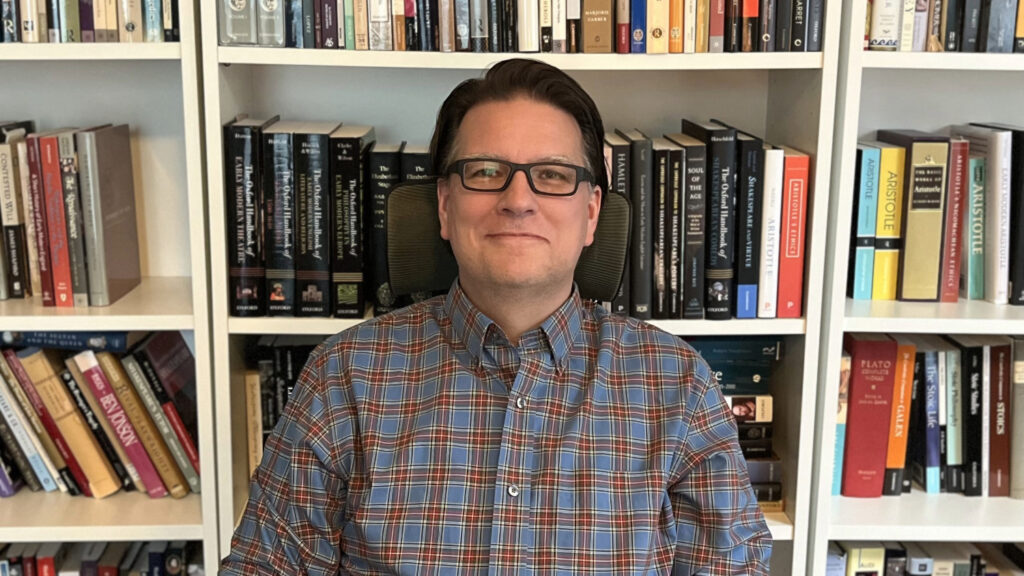
New Fellow Christopher Crosbie is a member of the Department of English faculty. A specialist in Shakespeare and other dramatists of the English Renaissance, Crosbie’s research explores the intersection of classical and early modern philosophies and performative possibilities in modern theatrical productions.
Crosbie’s DELTA Fellowship project will focus on curating digital resources for pedagogical use and networking communities. As the recipient of a previous DELTA Express Grant, Crosbie created and continues to curate a comprehensive, public-facing multimedia Shakespeare Media Archive using Google Sites. In his role as a DELTA Fellow, he will use this work as the foundation from which to share his insights and inform similar projects.
“I’ve found that a carefully curated mix of audio, visual and interactive aids greatly improves comprehension, retention, and, most crucially, enjoyment of the content I teach,” Crosbie said. “At the same time, with each success on this front I’ve also had wonderful opportunities to share my innovations in the classroom with colleagues, who seem appreciative of gaining access to new ways of bringing their own unique content to students as well.”
Associate Professor Paul Fyfe, College of Humanities and Social Sciences
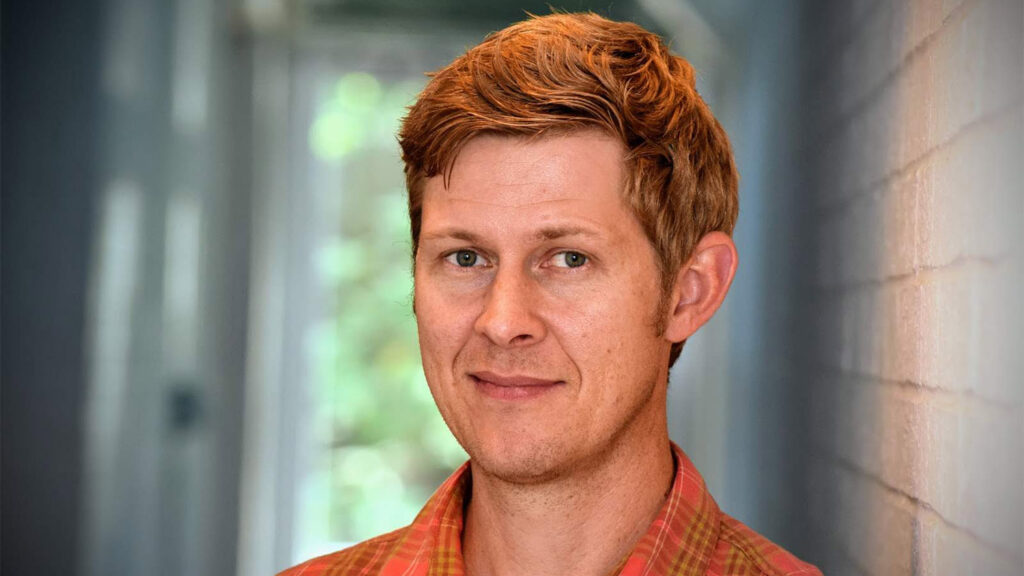
New Fellow Paul Fyfe is associate professor in the Communications, Rhetoric and Digital Media PhD Program in the Department of English. His research centers exploration of digital humanities practices, scholarly communications and book and media history in nineteenth-century British literature.
Fyfe’s DELTA Fellowship project will involve cultivating AI literacy at NC State, expanding on his ongoing work in assessing the possibilities and consequences of generative AI for writing. As AI tools rapidly migrate into students’ everyday platforms and NC State’s enterprise software, instructors urgently need to understand their potential — and potential limitations or misuses.
Fyfe’s expertise will position him as a catalyst to collaborative interdisciplinary campus conversations around developing comprehensive AI literacy for the NC State community. “The rapid appearance of AI has far outpaced our pedagogical and ethical frameworks for its use,” Fyfe explained. “DELTA provides a forum in which instructors and stakeholders from around the university can tackle these issues together.”
Teaching Assistant Professor Jill Jones, College of Education
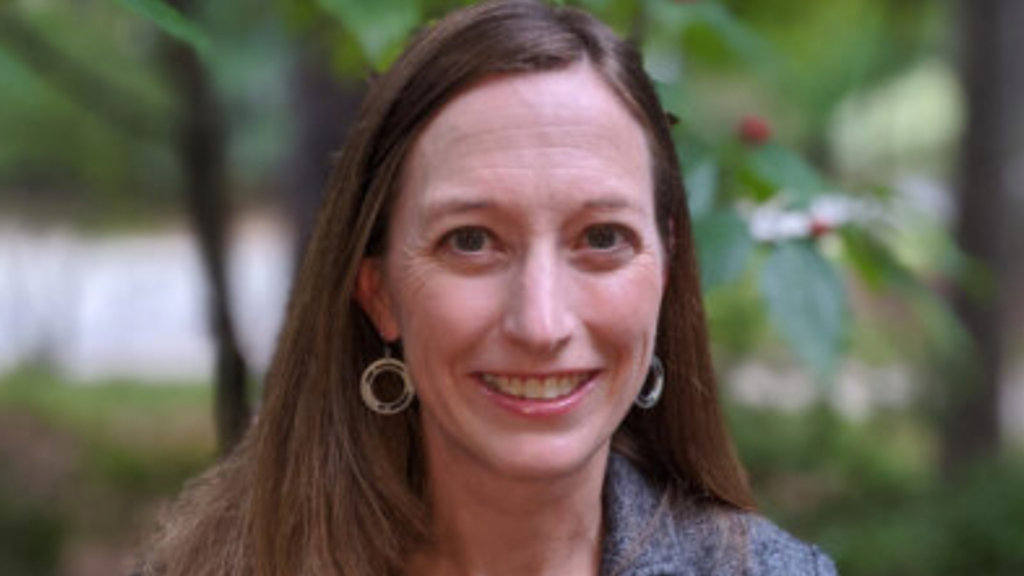
New Fellow Jill Jones is housed in the Department of Teacher Education and Learning Sciences in the College of Education. Her research explores effective literacy instruction in elementary classrooms. She is a former elementary classroom teacher, literacy specialist and literacy coach.
Jones’ DELTA Fellowship project will explore the development of collaborative partnerships with her colleagues to support effective technology integration across course formats, including in-person, online synchronous and online asynchronous. Having previously worked with DELTA and METRC to successfully transition an in-person elementary education course to fully online, Jones plans to share the key takeaways and best practices from that experience.
She also looks forward to developing her own expertise with Yellowdig, an online discussion platform and one of NC State’s newest enterprise technology tools.
“One of my ongoing priorities has been learning how to effectively implement technologies into my courses,” Jones said. “I have benefited greatly from DELTA workshops, events and collaboration to design effective teaching practices using technology for my students. I welcome the opportunity to work with others to share my learning process related to these technology tools, their impacts on student learning outcomes and my overall lessons learned.”
Assistant Teaching Professor Anna Gibson, College of Humanities and Social Sciences
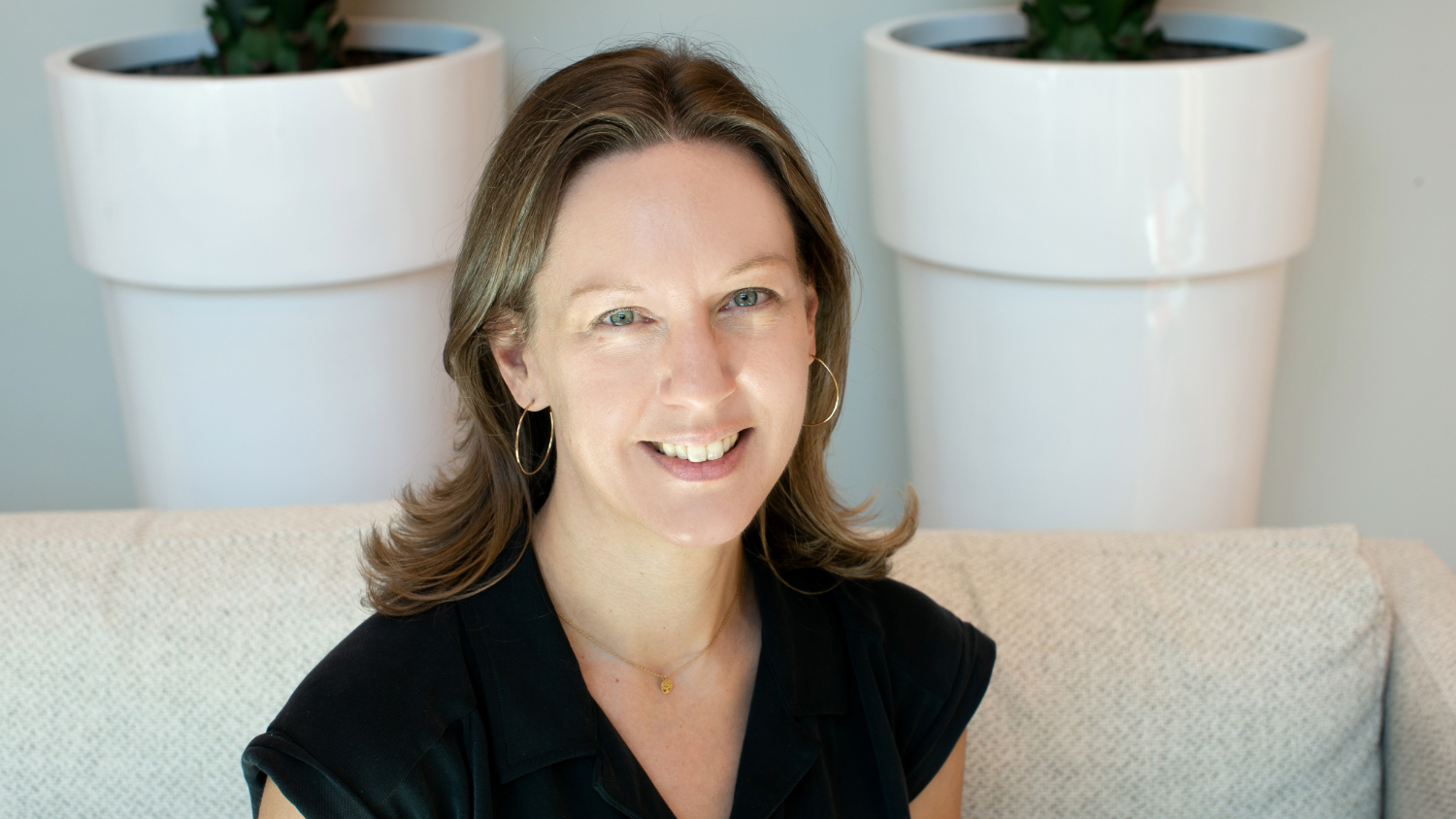
Returning Fellow Anna Gibson is a member of the Department of English faculty. Her research focuses on nineteenth-century British literature, particularly novels of the Victorian period.
In her second Fellowship year, Gibson plans to continue working on enhancing student learning and participation with social annotation tools, especially Perusall. Gibson has found that Perusall and other educational technology tools encourage students to engage with each other more significantly than they would otherwise do in online learning environments.
“I’m an enthusiastic advocate of annotation tools and the methods of interaction they facilitate, especially for courses in which engaging with texts is central,” Gibson explained. “As a DELTA Faculty Fellow, I’m interested in sharing my experiences with others, developing my own knowledge and engagement with social annotation tools, and producing some scholarship on the theoretical and practical applications of annotation.”
Associate Professor Wendy Krause, Wilson College of Textiles
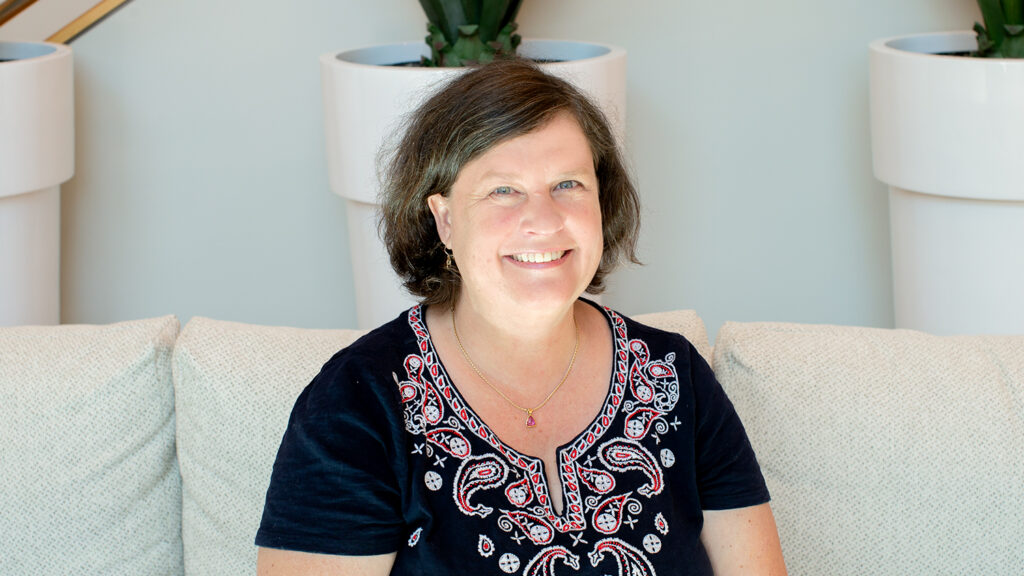
Returning Fellow Wendy Krause is a 20-year veteran in the Fiber and Polymer Science Program and Textile Engineering Program in the Department of Textile Engineering, Chemistry and Science. She is an expert in polymer science, and her research focuses on structure-property relationships of macromolecules (polymers).
In her first year as a Faculty Fellow, Krause partnered with her DELTA team to transition away from traditional exams to online, asynchronous assessments, first using Moodle Quizzes and later Gradescope. She found that breaking large exams into more manageable chunks resulted in significantly reduced exam anxiety for students.
Going forward, Krause is excited to see how learning technologies will continue to evolve and how she and her fellow instructors can learn and implement these new tools for teaching in the coming years. “The number one thing I hope to accomplish as a Faculty Fellow is to encourage more faculty to interact with DELTA and its amazing resources,” she said.
Assistant Teaching Professor Megan Lupek, College of Natural Resources
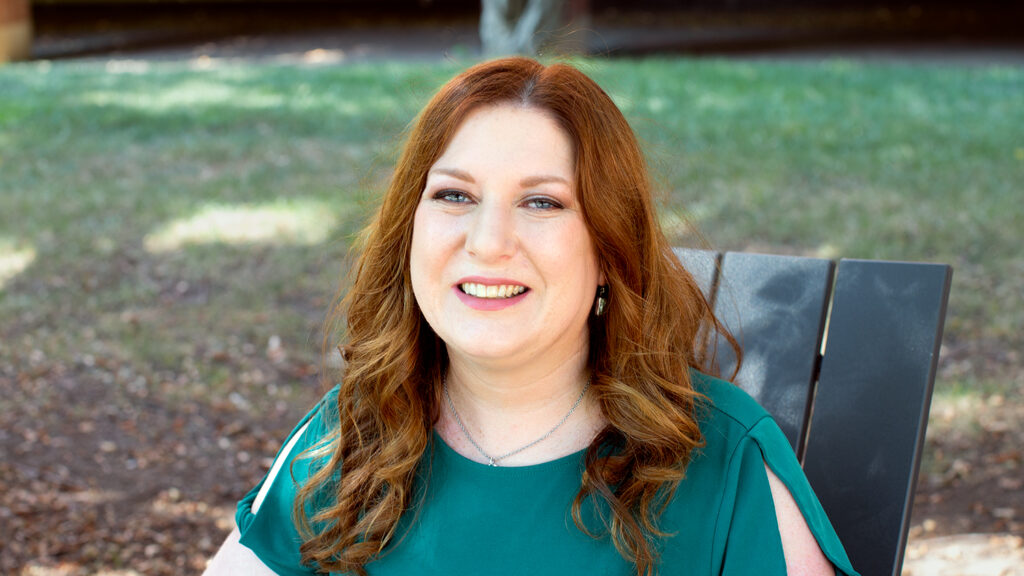
Returning Fellow Megan Lupek is the co-director of the Environmental Sciences Program. Her research involves exploring sustainable forest management practices.
In the second year of her Fellowship, Lupek will continue to encourage environmental literacy while fostering a classroom culture that values inclusion, belonging and collaboration. Using DELTA staff expertise, she hopes to identify an open pedagogy platform that will allow students in her introductory environmental science course to share their content creations and experiences with a capstone climate action project.
“I am intentional in utilizing multiple means of representation and diverse perspectives of content in the materials I use in my classroom so that students can see themselves in the curriculum and appreciate different viewpoints,” Lupek said. “While a DELTA Faculty Fellow, I hope to share some of the knowledge I have gained in areas of pedagogy that have become my passions.”
Interested in sharing your knowledge and learning from other instructors? Learn more about DELTA’s Faculty Fellows program and receive updates on the DELTA Grants cycle.
